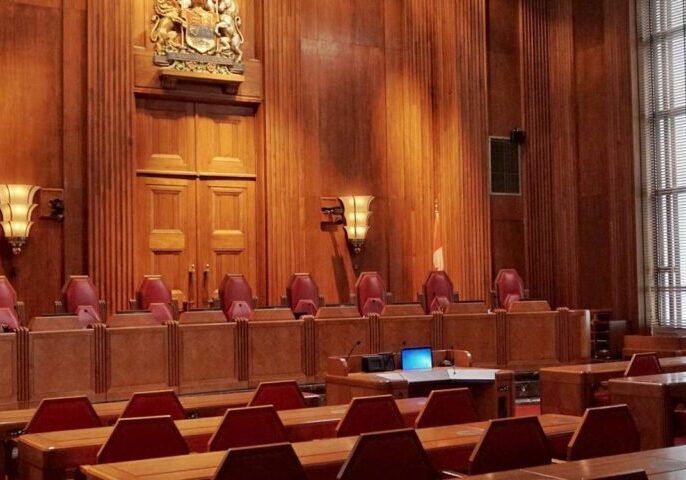
Basic Introduction
Many Wills are created to ensure that the assets of a testator are protected and properly administered after their death. While the Estates Administration Act, R.S.O. 1990, c. E.22 typically governs the administration of Estate assets, some testators incorporate a clause in their Will that provides an Estate Trustee with unfettered discretion to administer certain property at a date and time that they deem fit. With a term of this nature incorporated into a Will, tension may arise between the Estate Trustee and other beneficiaries of the Estate, especially when the Estate Trustee unilaterally decides to withhold the sale of Estate assets for reasons they believe are justified. Although the terms of a Will may grant an Estate Trustee power and discretion to sell property and assets at a date and time they see fit, case law has demonstrated that the Courts are willing to interject in narrow circumstances.
Important Case Law
Di Michele v. Di Michele, 2014 ONCA 261 (CanLII)
In this case, the Court of Appeal stated as follows:
“Where a Will gives the Estate Trustee a power to sell property at such times and in such manner as the Estate Trustee sees fit, s.9 of the Estates Administration Act will not limit the scope of that power by requiring that the property vest after a specific period of time”.
On a plain reading of the provisions incorporated in the Will, the Estate Trustee in this case was given the power to postpone sale of the property for whatever length of time he deemed advisable. The Court of Appeal overturned the trial judge’s decision and ultimately found that, “…the trial judge erred in finding that the Will contained no clear intention that [the Estate Trustee] had the discretion to delay selling the property beyond the three year limit in s. 9 of the Estates Administration Act”.
Kuzyk v. Romaniuk, 2015 ONSC 5995 (CanLII)
The Applicant in this case argued that the case of Di Michele (as mentioned above) does not support the proposition that a power to sell or postpone confers an unfettered or absolute discretion on an Estate Trustee to do as he or she wishes, which would include simply doing nothing to administer the Estate.
The Court agreed with the decision in Di Michele that, “…where the Will gives the Estate Trustee power to sell a property at such time and in such manner as the Estate Trustee sees fit, it is this expressed intention that must prevail”.
The Court goes on to say:
“Where the Estate Trustee possesses this right under the Will, s. 10 of the Act provides that s. 9 of the Act will not derogate from that right. Section 9 will not limit the scope of the power that the testator has given to the Estate Trustee by requiring that the property vest in the beneficiaries after three years. It is in this sense that the testator’s intention is paramount”.
It was ultimately concluded that since the Wills in this case were virtually identical to the Wills in the Di Michele case, the same outcome ought to apply. The Estate Trustee’s power was not interfered with.
Eve v. Brook, 2016 ONSC 1496 (CanLII) https://canlii.ca/t/gnrp3
In the case, it was decided that, “The court retains an inherent jurisdiction over the actions of trustees and will normally require that a trustee discharge his duties with good faith and with the standard of care of a reasonable and prudent man of business”.
However, the Court further stated that, “…where a trustee is granted powers which are to be exercised at his discretion, the court traditionally will not interfere unless the trustee has not turned his mind to the exercise of his discretion or has acted unfairly or in bad faith”.
Conclusion
The Court is quite clear in that the intentions of a testator ought to be followed. If a Will stipulates that an Estate Trustee has unfettered discretion to hold estate assets, beneficiaries are not entitled to force the Estate Trustee to sell and/or administer such assets. If it was the intention of the testator to provide an Estate Trustee with the power to handle Estate assets in a way the deem fit, then this intention must be honoured.
The Court has the ability, however, to interfere with this power if it is concluded that an Estate Trustee has acted unfairly or in bad faith. If it can be shown that an Estate Trustee is acting in bad faith, then the Court has the power to override the intentions of the testator.
If you have questions or concerns regarding the actions of an Estate Trustee, it is imperative to seek proper legal advice from a legal professional who specializes in estate litigation.
If you require more information with respect to the above, please contact our office 705-809-0930.
